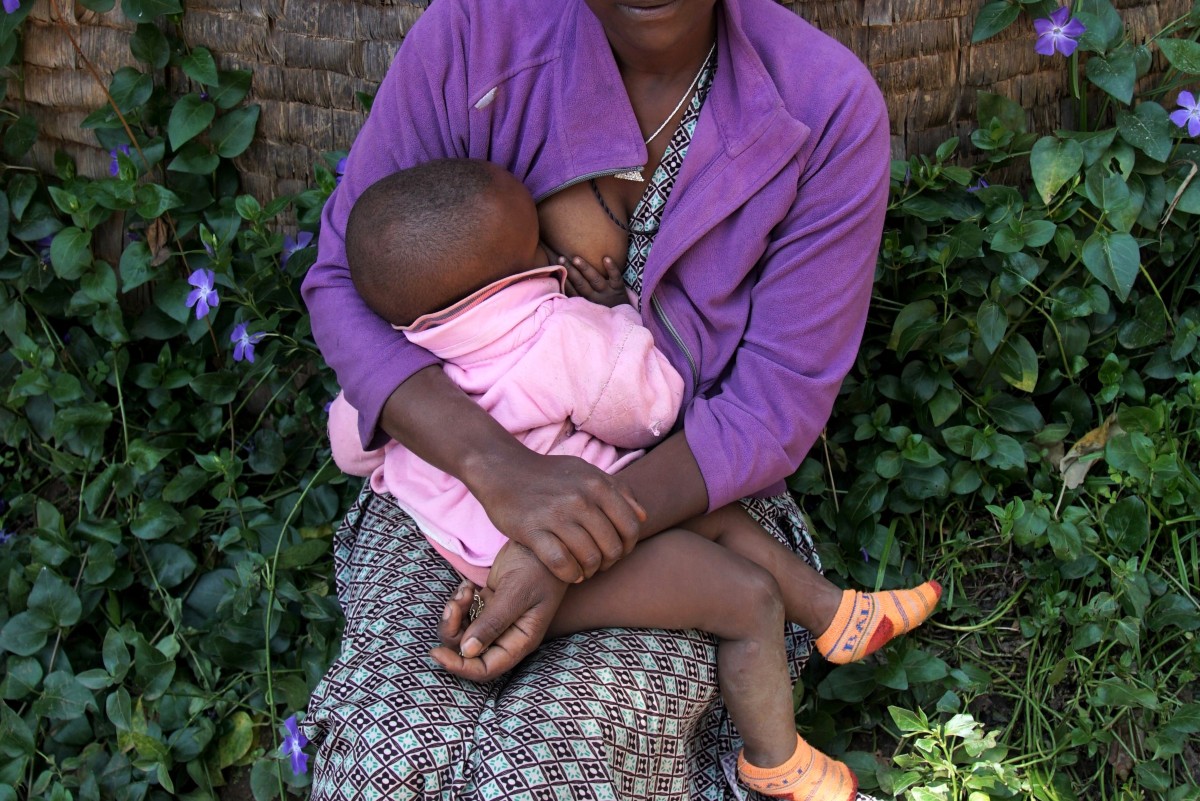Latest Causes
Healthy Babies, Stronger Communities: The Critical Role of Breastfeeding in Africa
Every child deserves the healthiest possible start in life, and in Africa, exclusive breastfeeding for the first six months is one of the most effective ways to provide that start. It protects infants from deadly infections, strengthens immune systems, and supports both physical and cognitive development. For mothers, it lowers the risk of postpartum complications, helps with birth spacing, and may reduce the likelihood of certain cancers. Yet progress across the continent remains uneven, and as 2030 approaches, there is growing urgency to close persistent gaps in breastfeeding practices.
Recent data show that exclusive breastfeeding rates in Sub-Saharan Africa vary greatly from country to country. According to an analysis of demographic and health surveys, rates range from just 19 percent in Gabon to 81 percent in Rwanda, with a median around 53 percent. Early initiation of breastfeeding within one hour after birth shows similar disparities. In Senegal, only 32 percent of infants begin breastfeeding within one hour, while in Rwanda the rate is about 85 percent (Teshome et al., 2025). These numbers reveal both what is possible and how much work still remains.
Some countries have shown remarkable progress. In Rwanda, for example, 87.1 percent of infants in Karongi District were exclusively breastfed when mothers had access to antenatal care, postnatal consultations, or counseling (Nshimyiryo et al., 2025). Sierra Leone has likewise made strides. A 2021 national nutrition survey placed exclusive breastfeeding at 52.7 percent, and early initiation of breastfeeding rose from 57 percent in 2017 to 89 percent by 2021 (World Health Organization [WHO], 2021). These successes show that strong policies and consistent support can make a real difference.
These improvements matter because babies exclusively breastfed are less likely to die from infections, less prone to malnutrition and stunting, and show better developmental outcomes. Mothers also benefit, recovering more smoothly after childbirth and avoiding certain long-term health complications. In settings where health systems are already under pressure, the protective effects of early and exclusive breastfeeding are especially critical. Education and counseling play a key role: women who attend antenatal care or receive postnatal support are significantly more likely to practice exclusive breastfeeding. Countries that combine health facility interventions with community outreach and culturally sensitive messaging see the most progress, demonstrating that coordinated, multi-level support can transform outcomes for children and mothers alike (Sinha et al., 2022; Nshimyiryo et al., 2025).

Many forces work against wider adoption of these practices. Health system-related issues are significant. Mothers who deliver in health facilities with trained attendants are far more likely to start breastfeeding within the first hour than those who deliver at home (Ayton et al., 2018). In Nigeria, for example, home births accounted for most of the delayed initiation of breastfeeding (Adedokun et al., 2023). Socioeconomic and cultural norms also play a role. In Mali, researchers found that mothers’ perceptions of what others were doing strongly influenced their own decisions. If they believed many mothers were exclusively breastfeeding, they were more likely to do the same (Brewis et al., 2021). Myths remain widespread, including beliefs that babies need water in addition to breastmilk or that colostrum is harmful. Such misconceptions are often reinforced by elders and community leaders. Work pressures compound the problem. Many women in the informal sector return to work soon after childbirth. Without maternity leave or workplace support for breastfeeding, maintaining exclusive breastfeeding becomes nearly impossible.
Looking at success stories helps identify what works. Rwanda’s high exclusive breastfeeding rate of around 80–82 percent reflects strong facility births, consistent antenatal and postnatal care, and effective counseling programs (Teshome et al., 2025). Sierra Leone’s achievements in early initiation reflect the effective implementation of policies such as the National Breastmilk Substitutes Act, broad public education campaigns, and strong community-level support (WHO, 2021). Larger reviews confirm that programs combining counseling, community outreach, and health facility interventions significantly increase exclusive breastfeeding rates, especially in the first month of life (Sinha et al., 2022).
To reach the 2030 goals, Africa needs more than good intentions. Health systems must ensure that every birth is attended by a trained provider who encourages immediate skin-to-skin contact and breastfeeding within the first hour. Governments need to adopt and enforce strong maternity leave policies and ensure workplaces are supportive of breastfeeding, whether through breaks, clean and safe spaces, or flexible working arrangements. Public education must dig deeper into communities. Messages must come not only from clinics but from local leaders and peer groups to dismantle myths that undermine breastfeeding. Accurate, widespread counseling during prenatal and postnatal care is essential. Stronger monitoring and data collection will help track progress, identify gaps, and guide targeted interventions. Together, Africa can ensure that every child gets the best possible start and lay the foundation for healthier generations to come.




.jpg)
